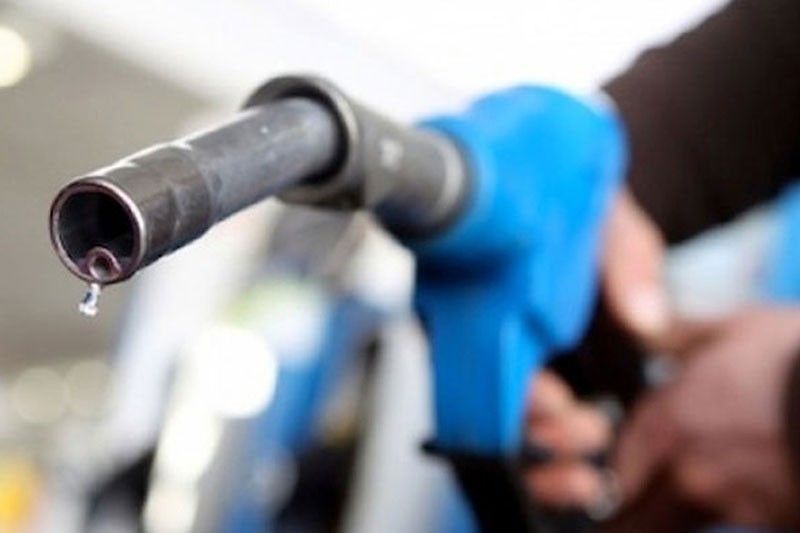To tame inflation, Moreno, Marcos Jr. want to tinker with oil excise taxes

MANILA, Philippines — Two candidates for the Philippine presidency want excise taxes on fuel products either suspended or reduced to tame stubbornly high oil prices fanning inflation, something that could also hurt government revenues.
In a statement on Thursday, Manila Mayor Isko Moreno, the standard bearer of Aksyon Demokratiko, promised to cut excise taxes on petroleum products by 50% if elected president.
Moreno said the fuel excise tax cuts would be complemented with a 50% reduction on taxes on electricity. He did not elaborate on this plan, although value added tax is charged to consumers’ monthly electricity bill.
“To cushion the socio-economic impact of the pandemic, a 50-percent reduction in fuel excise tax can lower the power generation cost and another 50-percent cut on taxes on electricity would mean savings for the majority of our people, many of whom are jobless now due to the Covid 19 pandemic,” Moreno said.
The current problem of rallying oil prices also caught the attention of one of Moreno’s rivals: Ferdinand “Bongbong” Marcos Jr. of the Partido Federal ng Pilipinas political party.
In a separate statement also on Thursday, the son and namesake of late dictator Ferdinand Marcos called on Congress to suspend the collection of excises taxes on oil, saying such a move “may significantly slash gasoline prices by P10.00 per liter and diesel products by P6.00 per liter.”
As a long-term fix to sudden spikes in fuel prices, Marcos Jr. proposed amending the Ramos-era Oil Deregulation Oil to allow the government to determine the exact and passed-on cost of retail petroleum products.
"Amending the oil deregulation law with the intent of addressing the issue of runaway oil prices will take some time. This move to suspend the excise tax makes sense and will have an immediate positive impact on our people," Marcos Jr. said.
The problem
The energy department attributed the high fuel costs at home to motoring global crude prices, as the reopening of global economy boosts demand while oil supply remains tight.
But as it stands, both candidates’ proposals are easier said than done.
It was President Rodrigo Duterte’s Tax Reform for Acceleration and Inclusion (TRAIN) Act that mandated the collection of excise levies on oil, so suspending or cutting such taxes would require legislative action which typically takes months or years to finish.
That said, Moreno and Marcos Jr.’s pitch to tinker with oil excise taxes could take long to materialize and benefit consumers, who are already reeling with elevated inflation that stood at 4.8% in September, well-above the government’s 2-4% annual target.
If anything, the immediate impact of such proposal would be on government revenues, as it could deprive the state of much-needed cash for its costly pandemic response. Moreno acknowledged this, but he argued that higher consumption because of cheaper prices could offset the economic setbacks from anemic state revenues.
While suspending or reducing excise levies on oil could give consumers a reprieve, economists said the relief might be temporary if global oil prices would continue to pick up.
- Latest
- Trending
































